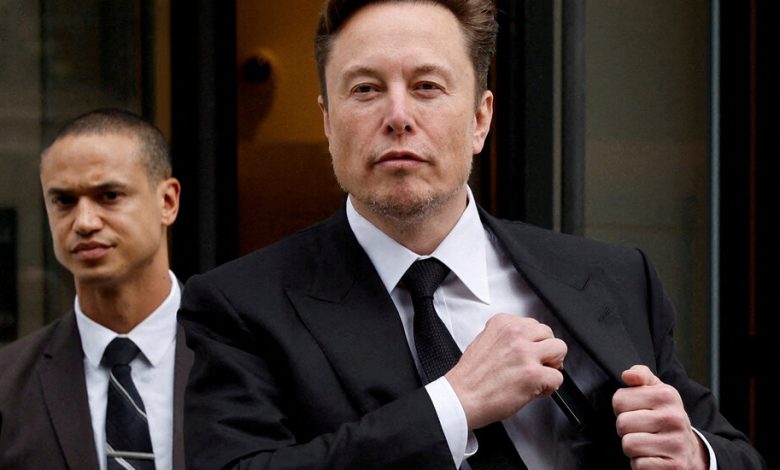Tesla Shareholders Will Vote on Elon Musk’s Big Payday. What Happens Then?

After months of fighting over a pay package promised to Elon Musk six years ago — one that included stock grants now worth about $56 billion — matters are finally coming to a head.
At Tesla’s annual meeting on Thursday, shareholders are set to vote on whether to reapprove the compensation deal after a Delaware judge voided it in January. The outcome could shift Musk’s relationship with the company, and Tesla officials aren’t taking any chances.
“If Tesla is to retain Elon’s attention and motivate him to continue to devote his time, energy, ambition and vision to deliver comparable results in the future, we must stand by our deal,” Robyn Denholm, the company’s chair, wrote to investors on Wednesday.
Regardless of the vote’s outcome, further lawsuits and other battles may follow, some of which could test the corporate legal system. Here’s our guide to how different situations could play out.
Tesla could use shareholder approval to argue its case for Musk’s pay in court. If it wins the vote on Musk’s compensation, the company is likely to go to Chancellor Kathaleen McCormick, the judge in Delaware’s Court of Chancery who rejected the compensation scheme, and argue that shareholders — armed with the information that she said they hadn’t had when they approved the package — have reratified the proposal. That, the company is expected to say, makes the matter moot.
If McCormick declares the plan acceptable, the plaintiffs who initially sued over it are likely to appeal to Delaware’s Supreme Court. Among their potential arguments: The new vote doesn’t resolve a matter that was already decided by a judge, and shareholders’ votes may have been influenced by implied threats to Tesla’s future if the vote didn’t go Musk’s way.
